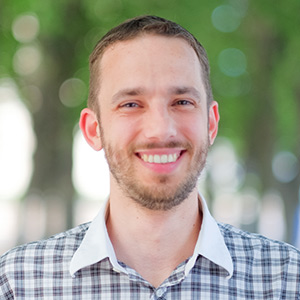- Tóth Kálmán u. 4., 1097 Budapest HUNGARY
- +36 1 309 2651
- lab@anet.krtk.mta.hu
- @AnetiLabs

ANET Lab Seminar Series
István Kovács (Department of Physics and Astronomy, Northwestern University): How can we learn from noisy, incomplete or even biased network data?
Abstract | Network theory is a powerful tool to describe and study complex systems, and there has been tremendous progress in mapping large networks in all areas of science, leading to a growing library of complex network datasets. Yet, inherent limitations of the measurements lead to errors, biases, and missing data and the situation likely gets worse as datasets get larger. Therefore, as in any other quantitative field, it would be of paramount importance to characterize the uncertainty of our maps. Yet, unlike a simple error bar for a single-valued quantity, the uncertainty of a network structure itself is expected to have a complex, network structure, requiring novel methodologies. Focusing on biological networks, we show how such detailed information can help us to solve key problems, such as link prediction, noise reduction, or functional annotation. I will close by highlighting ongoing research directions and some surprising connections to modern physics. To conclude, putting error bars on our network maps is not a nuisance but an essential ingredient in addressing long-standing problems in the field.
István Kovács is working on bridging the gap between structure and function in complex systems. His group is developing novel methodologies to predict the emerging structural and functional patterns in a broad spectrum of problems ranging from systems biology to quantum physics, in close collaboration with experimental groups.